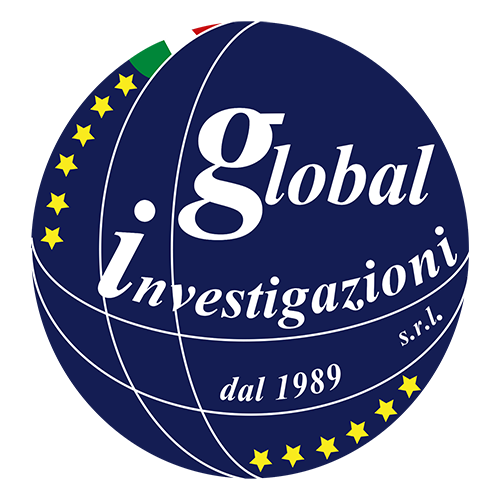
Unfair competition

Unfair competition
ASPECTS OF UNFAIR COMPETITION

Let’s examine the conditions and differentiate between unfair competition and diversion of clientele.
The concept of unfair competition, as defined in Article 2598 of the civil code, derives from the “ratio” of the norm, which imposes on companies operating in the market to follow rules of fairness and loyalty.
This means that no company should gain advantages in the dissemination and placement of its products or services through the adoption of methods contrary to the ethics of commercial relations.
Consequently, all companies whose products and services are aimed at the same category of consumers and operate at any stage of production or trade that leads to the placement of such goods on the market are considered in competition (Civil Cassation Sent., 23/03/2012, n. 4739).
The main cases of unfair competition include:
Acts of confusion: use of names or distinctive signs that cause confusion with the names and signs of another company (confusability), imitation of the form and appearance of a competitor’s products, or activities that create confusion with a competitor’s products and activities.
Acts of denigration: spreading denigratory news and negative comments about a competitor’s products or business.
Acts of appropriation of others’ merits: appropriation of specific distinctive features of competitors’ products.
Acts contrary to professional correctness: violation of the principles of professional correctness that harm the competing company, such as industrial espionage, boycotts, poaching of employees, violation of publicistic norms, and so on.
PRESUPPOSITIONS
A particular form of unfair competition is represented by the phenomenon known as diversion of clientele, which occurs when a competitor diverts resources from a business, including its customer base.
What raises the most concern is the betrayal perpetrated by those who have been part of the company; whether they have been hired by the competition or have started their own business, the theft of valuable contacts constitutes a risk not to be underestimated.
However, not every episode can be considered as diversion of clientele. Exploiting technical knowledge, experiences, and information related to the business policy of the originating company does not constitute unfair competition, provided that it does not involve secret or confidential information and that there is no systematic activity aimed at diverting clientele.
Corporate investigations to counter unfair competition. The most common cases of investigations for unfair competition include:
Disloyalty of partners, collaborators, executives, administrators. Sale of “empty” companies and starting a new competing business, transferring knowledge and personnel. Verification of employee poaching, diversion or redirection of clientele. Actions to protect trademarks or patents. Non-compliance with territorial exclusivity rights.
The results of the investigations conducted make it possible to easily achieve a satisfactory out-of-court settlement, avoiding recourse to ordinary legal proceedings.
Such investigations aim to collect documentary evidence to justify any unlawful act under Article 2598 and following of the Civil Code in court, providing decisive evidence for the protection of business assets.
Contact our TEAM
tel:+390492327687
